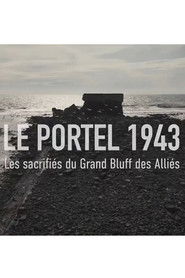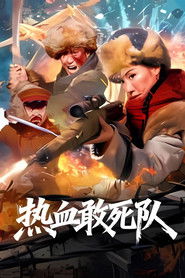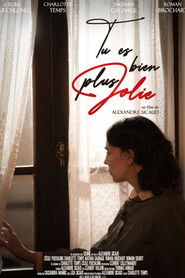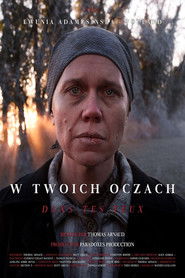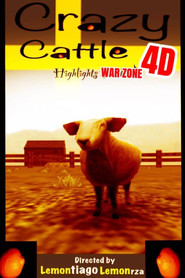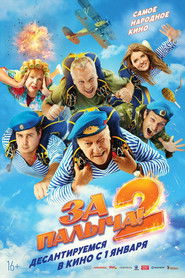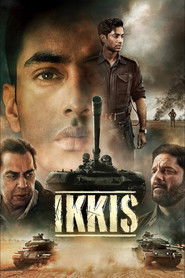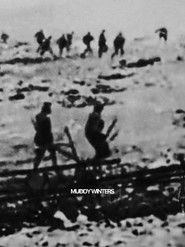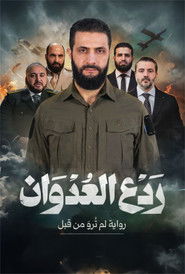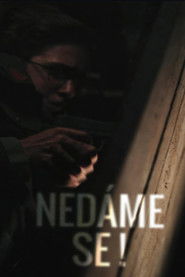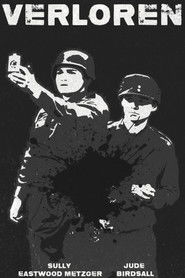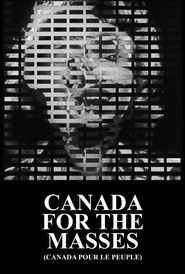New War Movies on Pantaflix - Page 2
-
Vindicta
2026
Vindicta
2026
In just one moment 19-year-old Hannah's world shatters when her parents are murdered in front of her. After fleeing, she seeks refuge with family friends before becoming the embodiment of rage and revenge towards those responsible for destroying her life. An unexpected connection with a handsome young Nazi Officer generates a moment of respite, but she is consumed by vengeance at any cost, no matter what or when. The story is inspired by the true events of women who helped defeat the Nazis during WWII. -
Dans tes yeux
2026
Dans tes yeux
2026
-
Alice and Horst
2026
Alice and Horst
2026
Alice and Horst paints a moving portrait of two siblings from Saarbrücken whose lives were shaped by their family’s antifascist resistance. As children, Alice Hornung and Horst Bernard were forced to flee from the Nazis into exile in France, where, despite constant danger, they also experienced great solidarity. After their return they continued their parents’ political commitment: against fascism, for peace and disarmament. The film combines personal memories with rare archival footage and portrays two individuals who, well into old age, remain unwavering in their commitment to justice and remembrance. -
Crazy Cattle 4D: Highlights War Zone
2026
star 10We will not give the plot away, due to this movie being so peak. Watch it yourself Crazy Cattle 3D has nothing on this. -
Za Palycha! 2
2026
Za Palycha! 2
2026
Artyom Golub was once a rich kid, confident his father would "solve" any problem. But life put everything in its place: after an accident, Tema joins the Airborne Forces. Upon his return, he works, raises his daughter, and tries to live by his conscience. Meanwhile, his grandfather, the legendary paratrooper Palych, grows apple trees and dreams of peace. However, businessman Vasiliy arrives in Podgorny, wanting to tear down the monument to the Liberator Soldier and build a shopping mall. Palych protests, then disappears. To save his grandfather and uncover the truth behind the conflict, Tyoma reassembles the paratroopers. -
The Morter - Termination Point
2026
In Manhattan, New York, an ordinary British man named Geraint Whitmore — known by many as Kinney, The Morter, or The Terminator — finds his life destroyed after being falsely accused of causing a concert bombing that killed dozens. Despite claiming he was far from the scene, he is arrested and humiliated by the media. After years behind bars, Geraint is released but deeply changed. Determined to rebuild his name, he opens a luxurious entertainment complex called The Termine67 — part hotel, part mall, part gaming center. The name honors both his birth year (1967) and the Gen Z number “67”, making it popular among young people. At first, the place becomes a symbol of hope and fun — flashing lights, games, and crowds. But Geraint’s quiet bitterness grows. He begins gathering people who feel wronged or abandoned by society — outcasts, hackers, criminals. Soon, The Termine67 transforms from a family attraction into a dark underground network. -
Ikkis
2026
Ikkis
2026
star 7Second Lieutenant and India's youngest Param Vir Chakra recipient, Arun Khetarpal, gave his life fighting for his battalion and the country during the 1971 Battle of Basantar. Ikkis also takes a reflective look at the futility of war through the eyes of Khetarpal's father, who visits his ancestral home in Sargodha and Alma Mater for reunion, which now happens to be in post-partition Pakistan, 30 years later. -
CODE : G
2025
-
Muddy Winters
2025
-
Escape from the Outland
2025
star 5.7The couple of Ma Xiao, a foreign correspondent, and Pan Wenjia, a volunteer doctor, accompanied engineer Miao Feng on a trip to the suburbs to repair a base station. During the trip, the local situation suddenly changed and the three were kidnapped by an extremist organisation. While in prison, they met Zhou Weijie, an overseas Chinese businessman. In order to find a chance of survival, they embarked on a journey of escape in the midst of barbaric warfare and chaos. -
Deterring Aggression
2025
Deterring Aggression
2025
star 10Untold stories from the frontlines of the 'Deterring Aggression' battle. This documentary chronicles the ten decisive days preceding the operation, casting light on a political milestone that catalyzed the liberation of Syrian lands and signaled the dawn of a new era of hope. -
Hell's Haven
2025
Hell's Haven
2025
Years after losing his daughter, Phillips, a former Brazilian soldier, is called on a mission to rescue Amanda, a 17-year-old girl. On this journey, Phillips slowly forms a father-and-daughter relationship with Amanda. -
Sign and See the World
2025
Sign and See the World sheds light on the journey of three young Surinamese men who, far from home, travel from Suriname via Canada to Europe during World War II to join the Princess Irene Brigade. Driven by a determination to help liberate the Netherlands, the film reveals the challenges and hardships of their journey, as well as the personal motivations, courage, and sacrifice that drove them to play a crucial role in the liberation of the Netherlands and Europe - one that never made it to the history books. -
We won't give up!
2025
We won't give up!
2025
star 10A short film about the story of a Czechoslovak bunker crew who decided to stand up to the Munich ultimatum. The film is proof that even an individual with no prerequisites for success can fundamentally influence history. -
Verloren
2025
Verloren
2025
star 7A German soldier finds himself lost in the forest after being chased by enemies and has to confront his dark past. -
Timur
2025
Timur
2025
star 4.5Follows the real-life international hostage crisis that took place in Mapenduma in 1996. The subsequent rescue operation was overseen by now-Indonesian President Prabowo Subianto. -
Canada for the Masses
2025
Canada for the Masses is a reflective, found-footage experimental documentary that critiques the federal branding of Canada for its persistent efforts to mask the country’s deep-rooted issues. By deconstructing Canada’s carefully curated self-image and juxtaposing archival footage from World War II Canadian propaganda films, Canada for the Masses analyzes the underlying nefarious nature of Canadian identity.
 Netflix
Netflix
 Amazon Prime Video
Amazon Prime Video
 Apple iTunes
Apple iTunes
 Apple TV Plus
Apple TV Plus
 Disney Plus
Disney Plus
 Google Play Movies
Google Play Movies
 Paramount Plus
Paramount Plus
 Hulu
Hulu
 HBO Max
HBO Max
 YouTube
YouTube
 fuboTV
fuboTV
 Peacock
Peacock
 Peacock Premium
Peacock Premium
 Amazon Video
Amazon Video
 The Roku Channel
The Roku Channel
 AMC+
AMC+
 Kocowa
Kocowa
 Hoopla
Hoopla
 The CW
The CW
 Vudu
Vudu
 Starz
Starz
 Showtime
Showtime
 PBS
PBS
 Pantaflix
Pantaflix
 FXNow
FXNow
 Tubi TV
Tubi TV
 Kanopy
Kanopy
 Comedy Central
Comedy Central
 Crunchyroll
Crunchyroll
 Microsoft Store
Microsoft Store
 Redbox
Redbox
 Sun Nxt
Sun Nxt
 ABC
ABC
 DIRECTV
DIRECTV
 Crackle
Crackle
 Fandor
Fandor
 Plex
Plex
